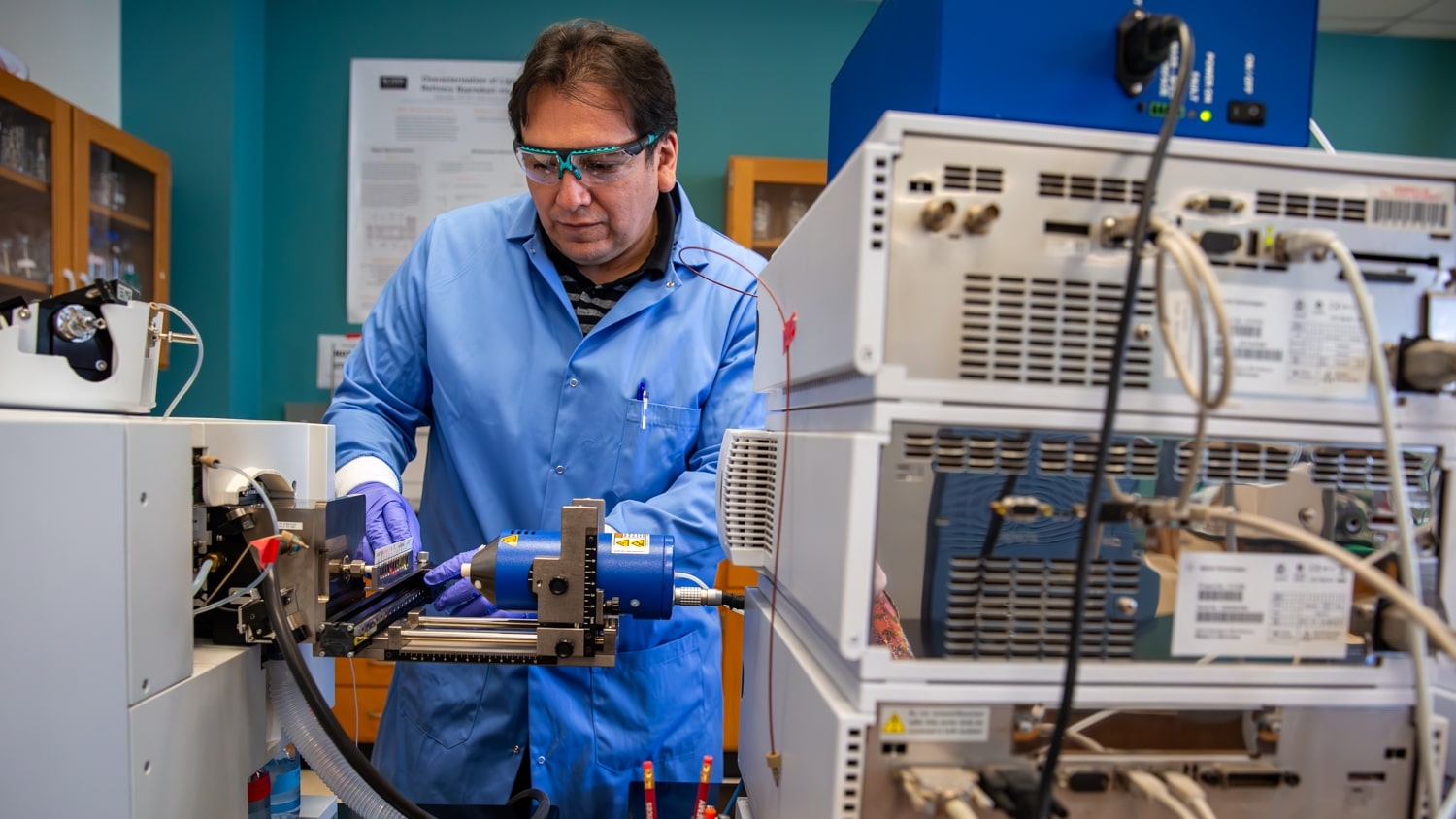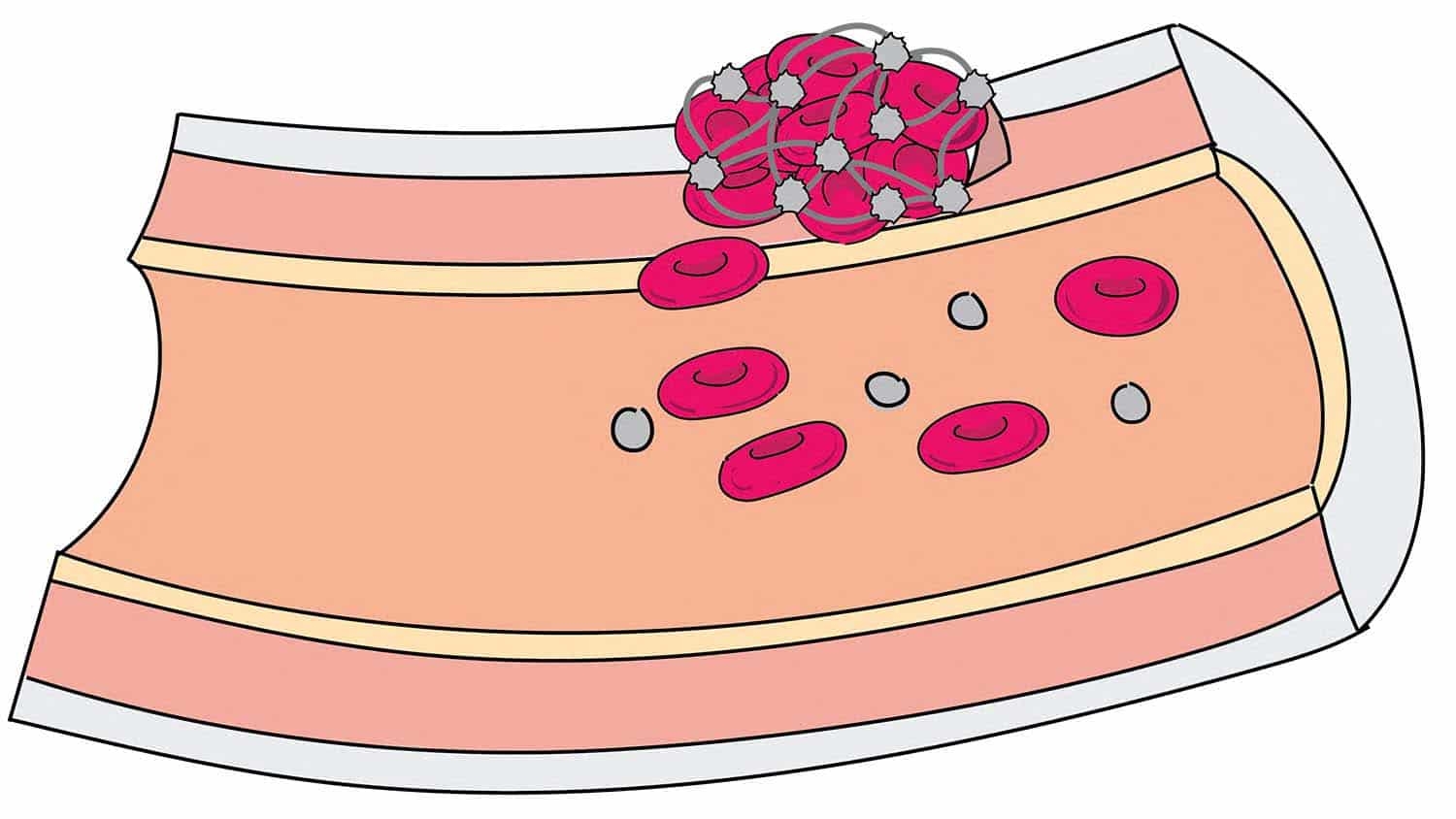Engineering dean talks collaboration at cleantech group’s gathering
The College of Engineering at North Carolina State University benefits greatly from its position in the Research Triangle, the College’s dean told an audience at the Research Triangle Cleantech Cluster’s inaugural annual meeting.
Dean Louis Martin-Vega called the Research Triangle “a global leader in energy, smart grid and transportation innovation,” in remarks given at the meeting on Jan. 14.
“As a result, our college sits in what could be called a ‘sweet spot,’ where academic and research institutions, industry and government come together to create the ideal climate for innovation, research and development that will transform our future,” Martin-Vega said.
Martin-Vega stressed that true innovation and progress do not occur in a vacuum, saying that “when people from industry, government and universities come together, we can solve the greatest challenges facing society.”
The Research Triangle Cleantech Cluster (RTCC) is an initiative of business, government, academic and nonprofit leaders working to accelerate the region’s cleantech economy through collaboration and partnerships that promote innovation and sector growth. Cleantech is a term used to describe a wide variety of products and processes designed to make better, more efficient use of the world’s natural resources.
Martin-Vega pointed to the National Science Foundation FREEDM Systems Center located at NC State, which is leading the transformation of the nation’s electric power grid through innovations in smart grid technology. He compared the partnerships between FREEDM and all areas of energy and smart grid research and development with the kind of partnerships that RTCC makes possible.
The inaugural RTCC annual meeting was held in the James B. Hunt Jr. Library on NC State’s Centennial Campus.
The meeting came a day before President Barack Obama visited the NC State to announce that the university will lead the Next Generation Power Electronics Innovation Institute, a $140 million project that aims to further development and manufacturing of wide bandgap semiconductors.
The RTCC wrote a letter in support of placing the Institute at NC State.
- Categories:


